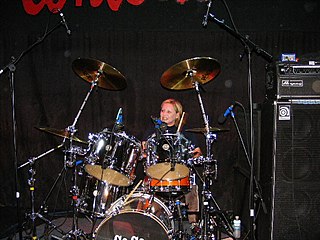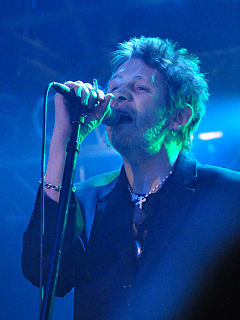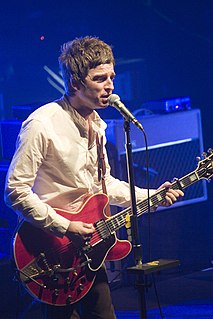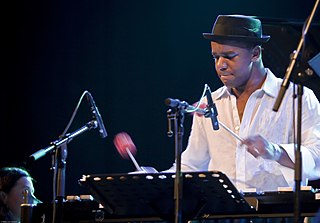A Quote by Flea
The quality of instruction is very high at the Silverlake Conservatory of Music. It's not about being a rock star. It's about the fundamentals of music, theory and technique on a particular instrument, and playing in an ensemble or private setting.
Related Quotes
When I'm representing my music live I think of it very much in a rock band sense. When I first started doing festivals in the 90s there really weren't other DJs playing the stages I was playing. So I felt I was being afforded an opportunity to kind of make a statement about what DJ music can be live. In the 90s, if you were a DJ you were in the dance tent, and you were playing house music and techno music. There was no such thing as a DJ - a solo DJ - on a stage, after a rock band and before another rock band: that just didn't happen.
The music industry went through such a strange stretch in 1977, especially in this country, with the whole punk rock thing coming about. Punk was rebellious-and justified in that response-but it had very little to do with music, and so it created a highly-charged but frighteningly floundering atmosphere that I found very, very disheartening. Musical quality for me has always been an important part of rock'n'roll-and winning recognition for that has long been an uphill battle all the way. Punk seemed like rock'n'roll utterly without the music.
Many musicians are fabulously skilled at playing the black dots on the printed page, but mystified by how the dots got there in the first place and apprehensive of playing without dots. Music theory does not help here; it teaches rules of the grammar, but not what to say. When people ask me how to improvise, only a little of what I can say is about music. The real story is about spontaneous expression, and it is therefore a spiritual and a psychological story rather than a story about the technique of one art form or another.
I think it all comes back to the individual. My instrument's just a pile of metal and wood! If you listen to the way I speak I have a lot of rhythm, use a lot of accents. When I'm playing my instrument that concept comes through very clearly. In fact some people who've seen me play have noticed that I'm singing - but it's more that I'm actually speaking. So it's not really about the instrument. But for me, in my thinking, the music is all about the melody. When I compose, 99 percent of the time I start with the melody.
When I was a teenager, I really didn't like loud rock music. I listened to jazz and blues and folk music. I've always preferred acoustic music. And it was only, I suppose, by the time Jethro Tull was getting underway that we did let the music begin to have a harder edge, in particular with the electric guitar being alongside the flute.
































